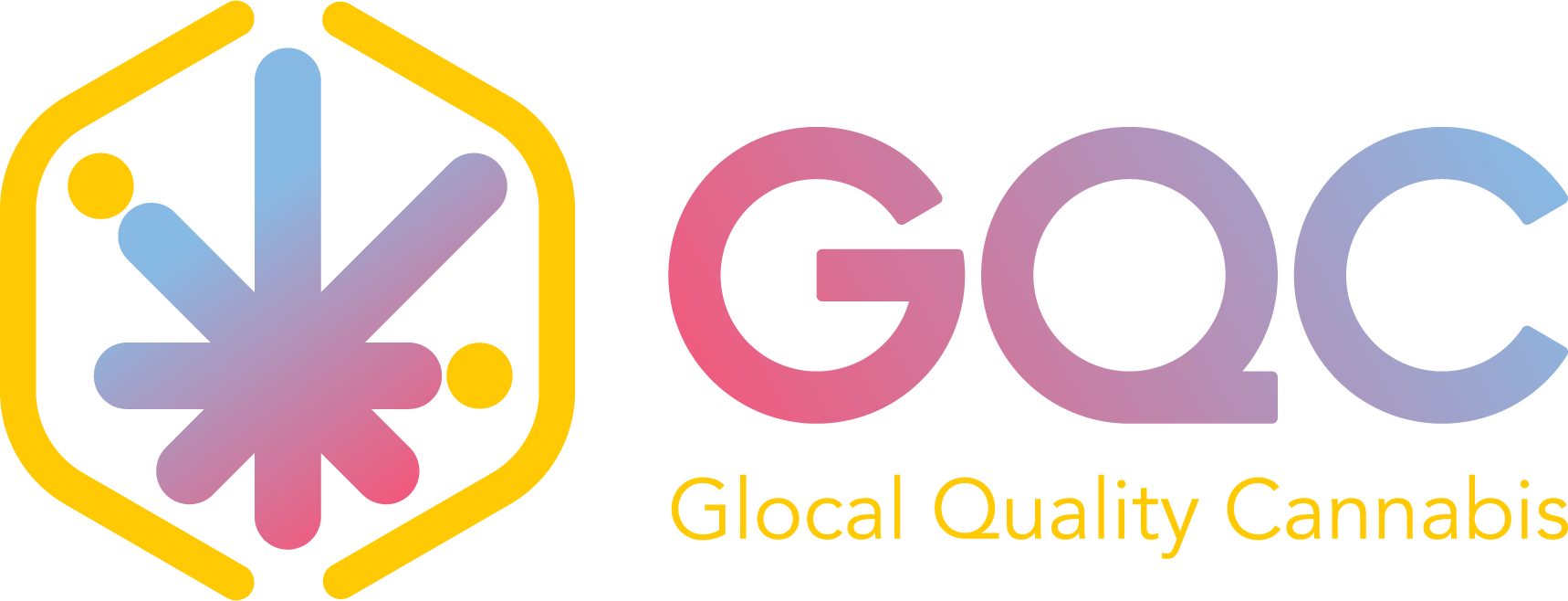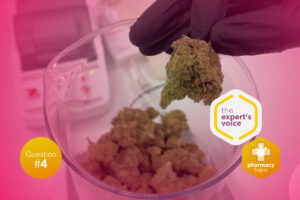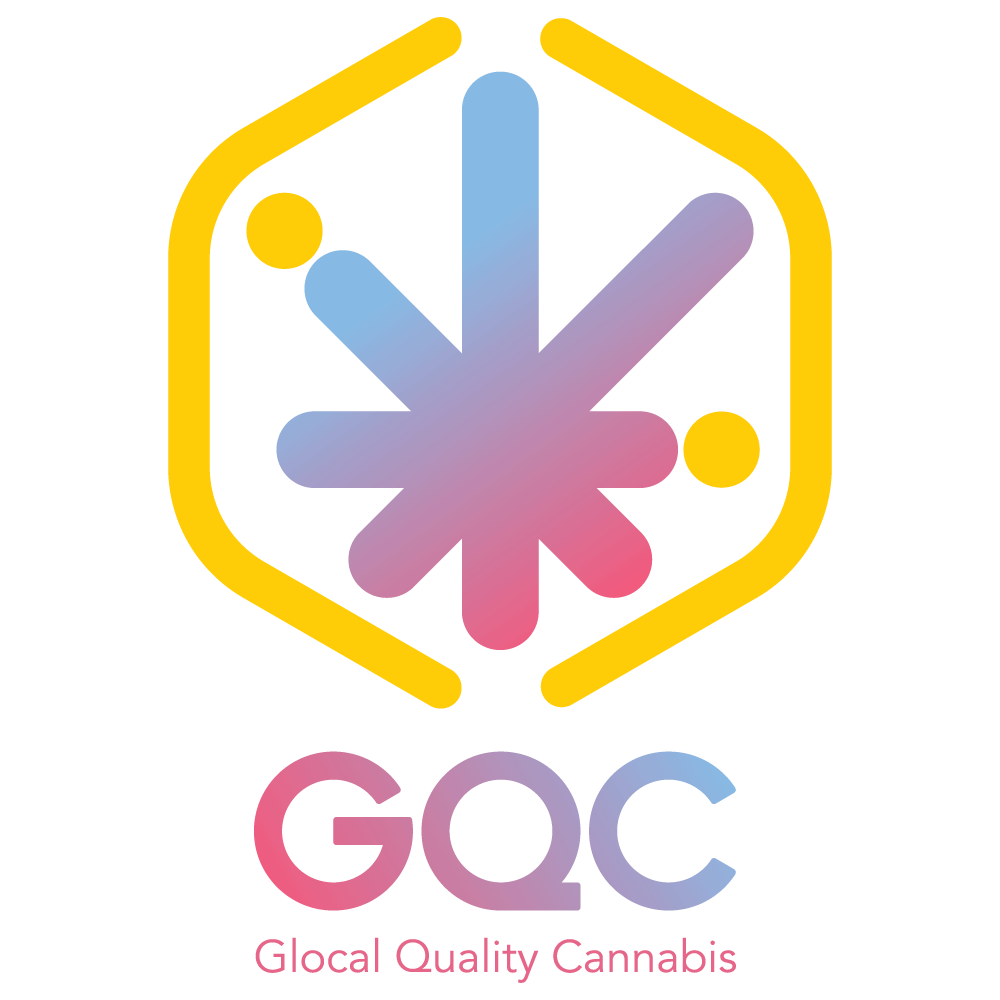In comparison with Italy, where 60 million inhabitants provide a consumption equal to 1.2 tons of cannabis annually, Israel uses 48 tons of the same material for 10 million people. The explanation behind this phenomenon, occurring in one of the earliest markets for cannabis, is dual: the first aspect to be considered is the fact that for the past 15 years, the Israeli Ministry of Health has granted licenses to patients for a variety of medical indications; in the beginning, there was no limit to the number of grams and it sold for a regulated uneconomical price (as far as the growers/manufacturers are concerned), and later, the accessibility of the licenses and prescribing doctors increased while the number of grams per month, THC/CBD levels, and unregulated prices were limited.
Therefore, if in 2018 there were approximately 36,000 patients, at the end of 2022 there would be 120,000 patients, each buying, on average, 33 grams per month.
Israeli regulations only began requiring GMP to be used for local medical cannabis in 2018. This has led to increasing investments required for different parts of the value chain, an increase in pricing, and as in other places, a lively, highly competitive black market that has been gaining strength from the legal medical market.
In Israel, cannabis products are an independent segment; they arrive as a finished product, with no intervention from pharmacists selling it under license.
Branding, colorful names and graphics are allowed, which further creates an overlap between medical cannabis and recreational forms of the product. It is very confusing, indeed.
Cannabis products in Israel are also divided into extracts in carrier oils as well as in dried flowers and pre-rolls. While pre-rolls are allowed under the flower category, their share in the market is low due to the lack of confidence patients share in the quality of flowers used in the product. That lack of confidence is unfortunate, as processors achieve greater accuracy and a more homogeneous product using this form of delivery.
With oils, Israeli patients can receive a non-generic form of the extract that uses formulations of terpenes, which are introduced into the extract at the end of the manufacturing process. Again, this differs from other jurisdictions, with the understanding that extracts from flowers and the flowers themselves are not the same; flowers come with their trichomes and terpenes intact (if cut appropriately), whereas during extraction, most mono-terpenes evaporate, thereby dramatically limiting the real effect of cannabis on the body, otherwise termed the entourage effect.
Bazelet is the market leader in Israel with patent rights for this process, along with its proprietary formulations, designed for different medical indications, ages and gender groups.
Concerning the manufacturing process itself, it is important to highlight that plants based in Israel must observe the local IMC GMPs that, although stricter than their European counterparts on some requirements, are not acknowledged as equal to the European GMPs, therefore limiting the exportability of local products in Europe. Local companies are now rectifying the differences in standards by inviting EU-GMP audits and conforming to EU directives and validation methods.
Although they are based on different regulatory standards, Israeli industrial plants and research institutes exploring cannabis applications are highly esteemed, as they bring experience in the field of therapeutic cannabis extending to combinations of cannabinoids to terpenes, non-narcotic plant-derived molecules like limonene or myrcene (obtained from plants that are not as strictly controlled as cannabis) meant to amplify the efficacy of the cannabinoids or to reduce their adverse effects, in some cases, even achieving patenting.





